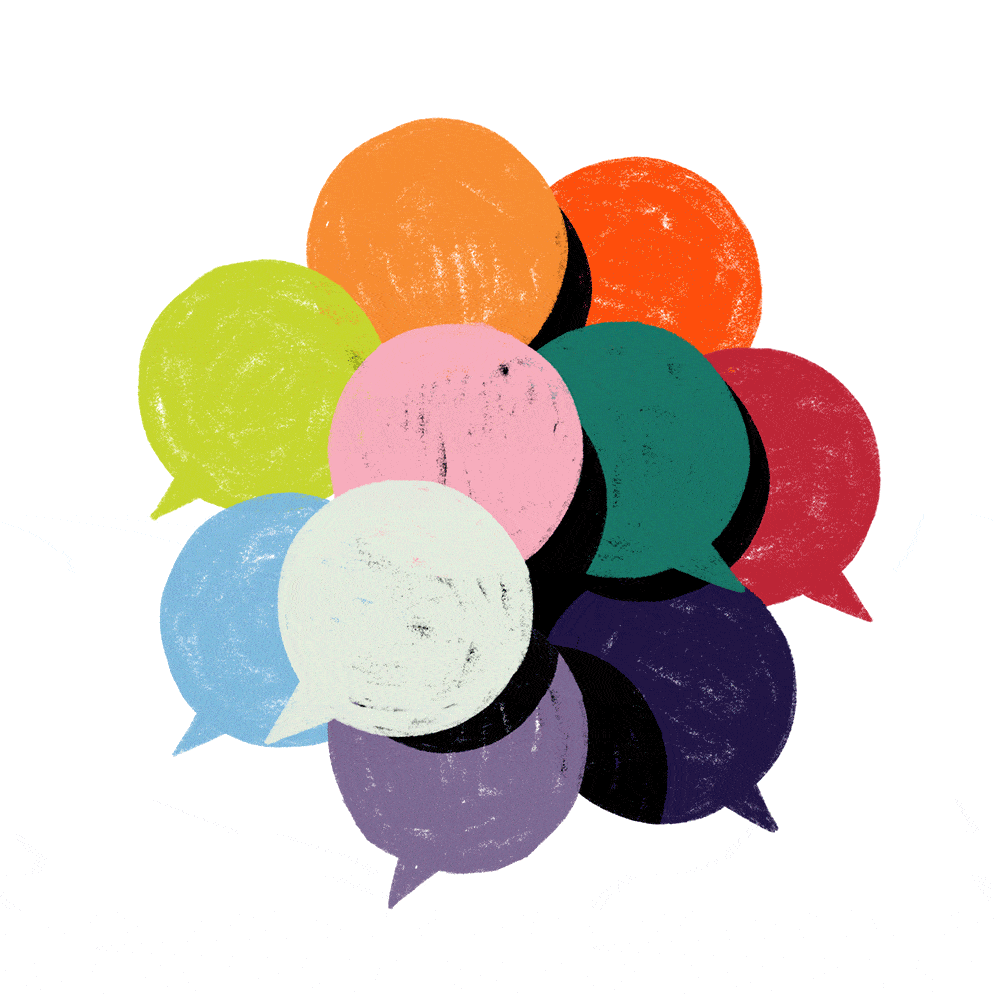Conversation-Based Grading: Empowering Students Through Descriptive Assessment
As teachers, our goal is not just to impart knowledge but to empower our students to become active participants in their own learning journey. One way to achieve this is by adopting conversation-based grading, an assessment method that focuses on descriptive feedback and clear directions for improvement rather than assigning numerical scores. In this blog post, we will explore the benefits of conversation-based grading and share practical insights on how to incorporate it into your teaching practice.
The Power of Conversational Assessment:
Think back to moments in your life when you were learning a new skill, whether it was fly-casting, baking a pie crust, or riding a bike. Chances are, the feedback you received was not in the form of a numerical score or percentage. Instead, it was descriptive and focused on guiding you towards improvement. This type of assessment, rooted in conversations, provides a considerably more useful and empowering experience for learners. By embracing conversation-based grading, we can tap into the natural way humans communicate and help students take ownership of their learning. Let's have a chat about how this approach can make the grading game more engaging and rewarding!
The Shift: From Numbers to Descriptors:
Our journey towards conversation-based grading began with a realization that traditional grading methods often left students disconnected from their own progress. Drawing inspiration from John Hattie's research on factors influencing student achievement, it is no surprise that feedback ranked as the number two influencer. Encouraged by this insight, we set two goals: to increase student self-reporting and to adopt a language that fostered meaningful conversations about learning. Because who needs numbers when you can have meaningful words, right?
We like to use a four level proficiency scale with common descriptors for each level. This scale allowed us to provide descriptive feedback on various types of student work, from essays to test responses. Importantly, we listened to how students naturally described concepts to each other and incorporated their "student lingo" into the framework. By aligning the assessment language with their everyday conversations, we made it more accessible and effective for students to express their understanding and identify areas for improvement. So, no more number-crunching, seriously stop doing that crap!
Guiding Conversations and Reflective Practice:
To fully engage students in their assessment process, we encouraged our students to reflect on their own work, identify evidence of their learning, and present their case for how they believed they were doing. Our role was to sit alongside them, listening attentively and guiding the conversation.
We developed a mental model that illustrated the interconnectedness of different assignments and their impact on the overall grade. This model emphasized that learning manifests in various ways and that students have multiple opportunities to demonstrate their understanding. By shifting the focus from a final grade to ongoing learning and growth, we empowered students to take ownership of their progress and become active participants in their education. It's like we unleashed the grading superhero within them!
The Transformative Results:
The impact of conversation-based grading on our students was astounding. By inviting them to talk about their learning and report on themselves, we witnessed a newfound sense of agency and self-awareness. Students no longer saw themselves as mere recipients of grades but as active contributors in their educational journey. The shift from numerical scores to descriptive feedback fostered a growth mindset and a deep appreciation for the learning process. I mean, isn’t this what we all want for our students?
Conversation-based grading offers a powerful alternative to traditional assessment methods. By embracing descriptive feedback and encouraging student self-reporting, we can create an empowering and supportive learning environment. As teachers, our role shifts from being mere evaluators to becoming facilitators of meaningful conversations about learning. Let us remember that the true measure of success lies not in numbers but in the growth, understanding, and confidence our students develop along the way. So let's put on our conversation hats and embark on this grading adventure, where words hold the power to transform education!


